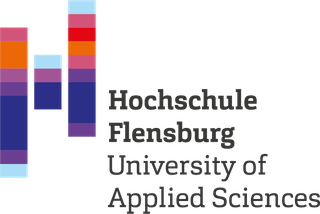Biased Preferences for Wealth Taxation: The Case of Misperceived Tax Burden Consequences
Chirvi, M., Huber, H.-P., & Schneider, C. (2021). Biased Preferences for Wealth Taxation: The Case of Misperceived Tax Burden Consequences. TRR 266 Working Paper Series.
